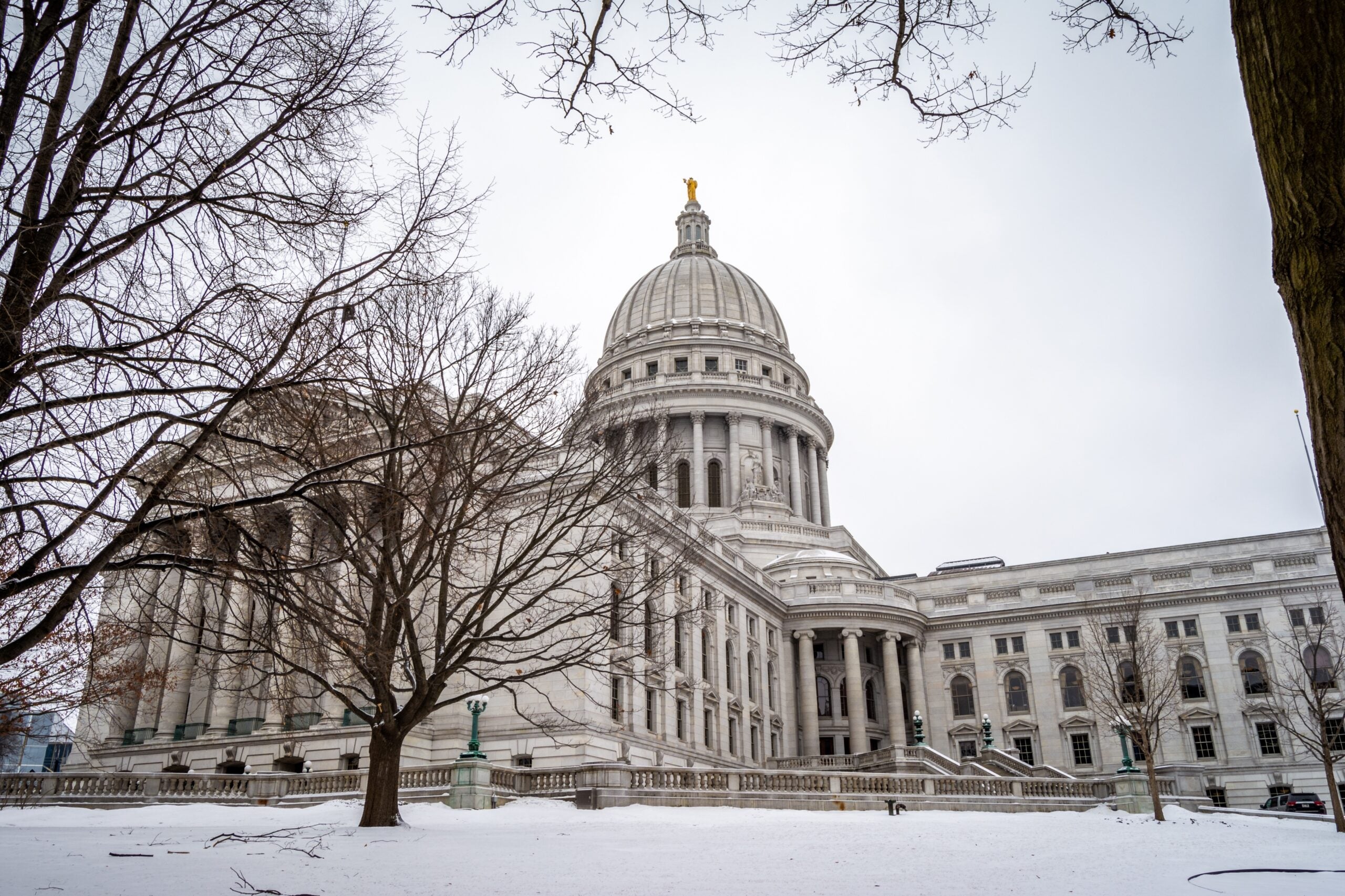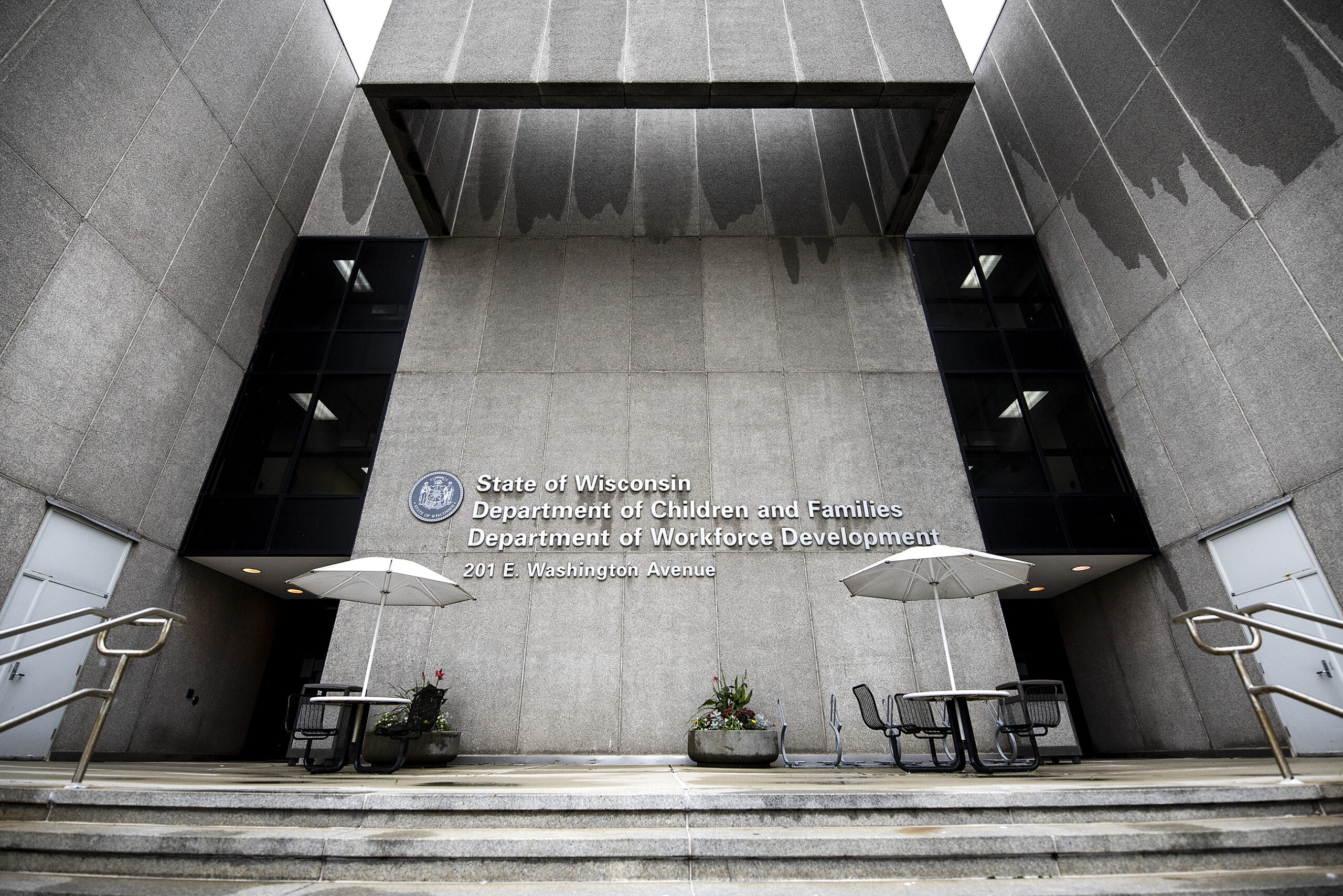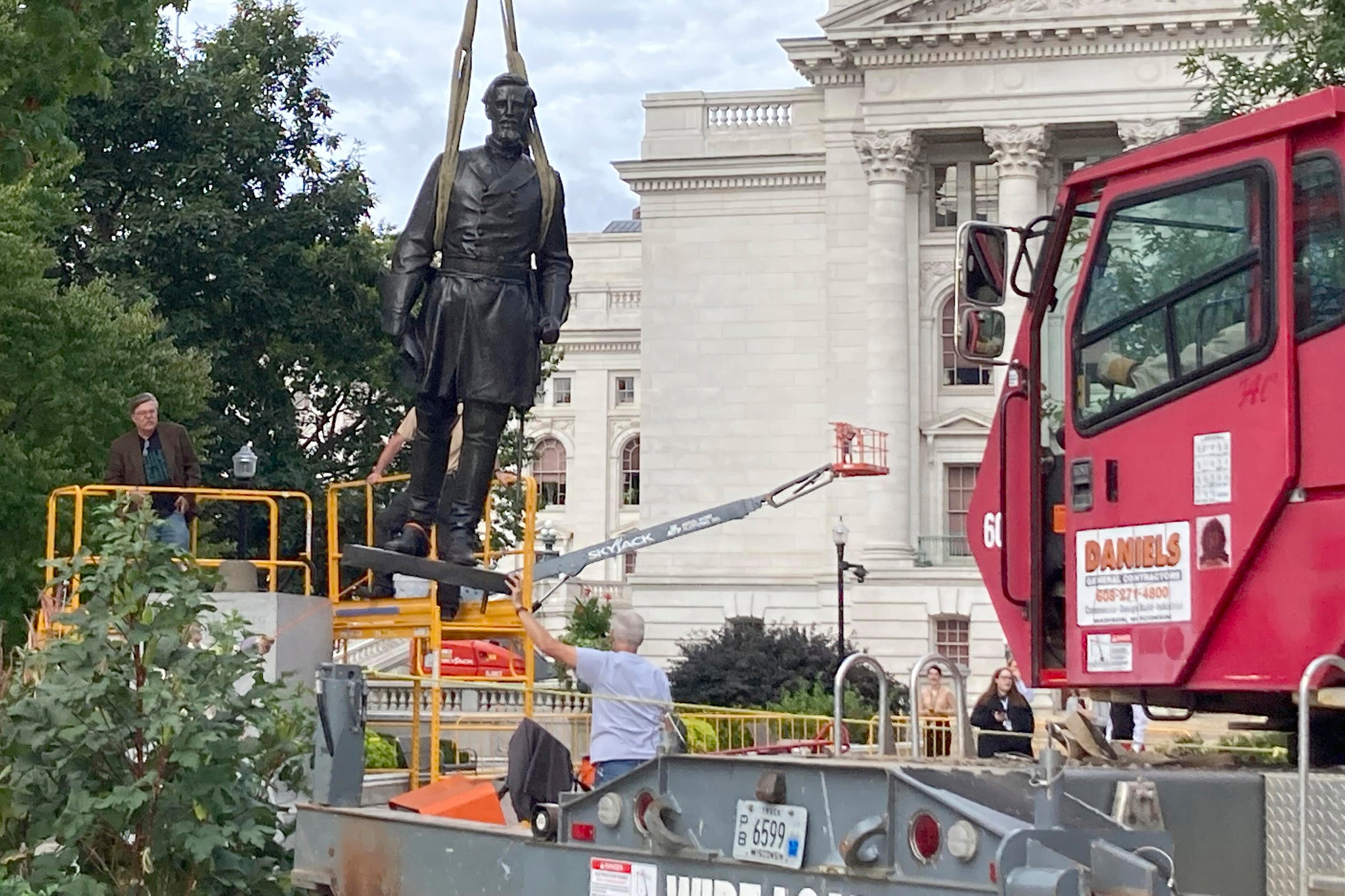The minimum retirement age for teachers and thousands of other public employees in Wisconsin would be raised from 55 to 59 and a half under a bill that received a hearing Wednesday in a state Senate committee.
But the plan could face tall odds this year, with divided government putting the brakes on many bills and time running out on this legislative session. A similar bill died in the Legislature two years ago when Republicans controlled all levers of state government.
The changes in this year’s bill would only apply to workers who are younger than 40 when the bill passes. It also would not affect people that are designated as “protective” employees, like police officers and firefighters.
News with a little more humanity
WPR’s “Wisconsin Today” newsletter keeps you connected to the state you love without feeling overwhelmed. No paywall. No agenda. No corporate filter.
Sen. Duey Stroebel, R-Saukville, said it’s aimed at updating the Wisconsin Retirement System and bringing it more in line with the rest of the workforce.
“This is acknowledging that people are living longer, they’re working longer” Stroebel said at the bill’s hearing. “It’s about cost, and it’s about fairness.”
RELATED: Wisconsin State Treasurer, Governor Launch Retirement Task Force
In addition to changing the retirement age, the plan would make changes to a 2013 law designed to restrict so-called “double-dipping” by public employees.
It would let retired public employees who decide to return to work for a public employer continue to collect their pensions for up to three years. That provision is primarily aimed at helping school districts who want to be able to hire back retired teachers and administrators, particularly in rural districts where they’re more scarce. The Wisconsin Association of School Boards supports the change.
The state’s largest teachers’ organization opposes the plan, in part because it would create a different retirement age for different groups of public workers.
Peggy Wirtz-Olsen, a Marshfield English teacher and the vice president of Wisconsin Education Association Council (WEAC), said that ends up discriminating against teachers, who are predominantly women.
“Singling out teachers while leaving male-dominated professions alone smacks against injustice,” Wirtz-Olsen said.
The Wisconsin Retirement System did not take a formal position on the bill, but the agency testified that creating a different set of benefits for workers who are under 40 when the bill takes effect could open the door to a lawsuit.
People who retire at the current minimum age of 55 don’t receive full benefits under the state retirement system, which is widely regarded as one of the most financially stable in the country.
A spokesperson for Gov. Tony Evers did not immediately respond to a request for comment.
Legislative leaders have indicated they plan to adjourn for the year by March, if not earlier.
Wisconsin Public Radio, © Copyright 2025, Board of Regents of the University of Wisconsin System and Wisconsin Educational Communications Board.







